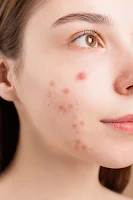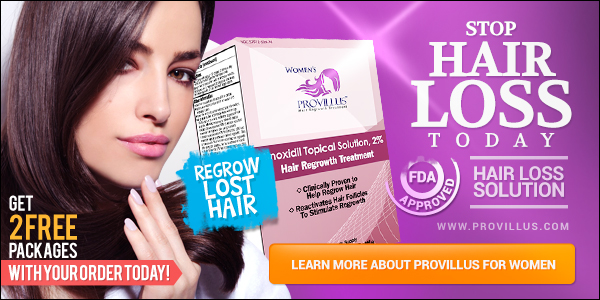If you are dealing with persistent acne, or if you simply want to make sure that your skin stays healthy and blemish-free, it can be helpful to know how to properly care for your skin in order to keep it clear and acne-free. Fortunately, there are several easy and simple steps that can help you achieve this look and feel confident about your appearance. Here are 8 simple acne skincare tips you should know.
1) Don’t touch your face
 |
2) Wash with the right products
 |
3) Moisturize, moisturize, moisturize
Vanicream Moisturizing Skin Cream is another fantastic option, as it contains salicylic acid to combat breakouts while also moisturizing dry skin. It's worth noting that many acne drugs, according to some experts, induce severe skin drying, so make sure your other products (such as moisturizers) don't include too many chemicals or irritants.
4) See a doctor if you can’t treat it yourself
A doctor can determine if your acne is caused by a serious underlying condition, such as an allergic reaction to products or bacteria on your skin, that needs proper treatment. Getting rid of acne can be frustrating without proper guidance. A doctor will help you determine what’s causing your acne and how to treat it properly and safely. If you have severe cystic acne that hasn’t responded to over-the-counter medications in four months, a trip to see a dermatologist is worth it.
5) Sleep with clean sheets
Having clean sheets is a great way to avoid acne skincare problems, as bacteria and fungus can lurk in your bedsheets. To sleep like a baby again, do laundry weekly. When changing your linens, always wash your bedding in hot water and use quality detergent. Using bleach may be overkill — unless you're prone to athlete's foot — but if you're up for it, it does kill off more germs than standard detergents alone. Once you've removed grime from your sheets, let them air dry or toss them in a dryer on low heat; keep them off high heat or it can degrade fibers and ruin their shape.
6) Take regular showers
Not only will regular showers help reduce acne, but they’ll also keep your skin looking healthy and fresh. They remove dirt, bacteria, and excess oil from your skin. Showers should be taken at least once a day—maybe even twice if you're prone to breakouts or sweat a lot throughout the day. Make sure to apply moisturizer to damp skin after each shower or bath; doing so helps protect against dryness and other environmental factors that may cause acne. If you don't have dry skin, then skip it altogether—overusing products on your face can cause clogged pores.
7) Drink plenty of water
Drinking plenty of water is a great way to keep your skin hydrated. Make sure to stay hydrated throughout the day, particularly after you wash your face in the morning and before bed at night. Also, don’t forget that sweating during exercise can lead to dehydration, so make sure you drink plenty of water throughout any physical activity, as well. Drinking enough water not only helps keep your skin hydrated but will also help keep it looking healthier and younger for longer.
8) Treat acne before it gets worse
Before you jump in with an acne skincare regimen, it’s important to identify how severe your acne is. This means avoiding any products that contain harsh chemicals and won’t work for your specific type of acne. Stick to gentle skincare treatments and use them according to product directions. If you’re not sure what type of acne you have, consult a dermatologist before trying anything new. More than likely they will recommend using a topical cream or spot treatment that contains benzoyl peroxide or salicylic acid.






